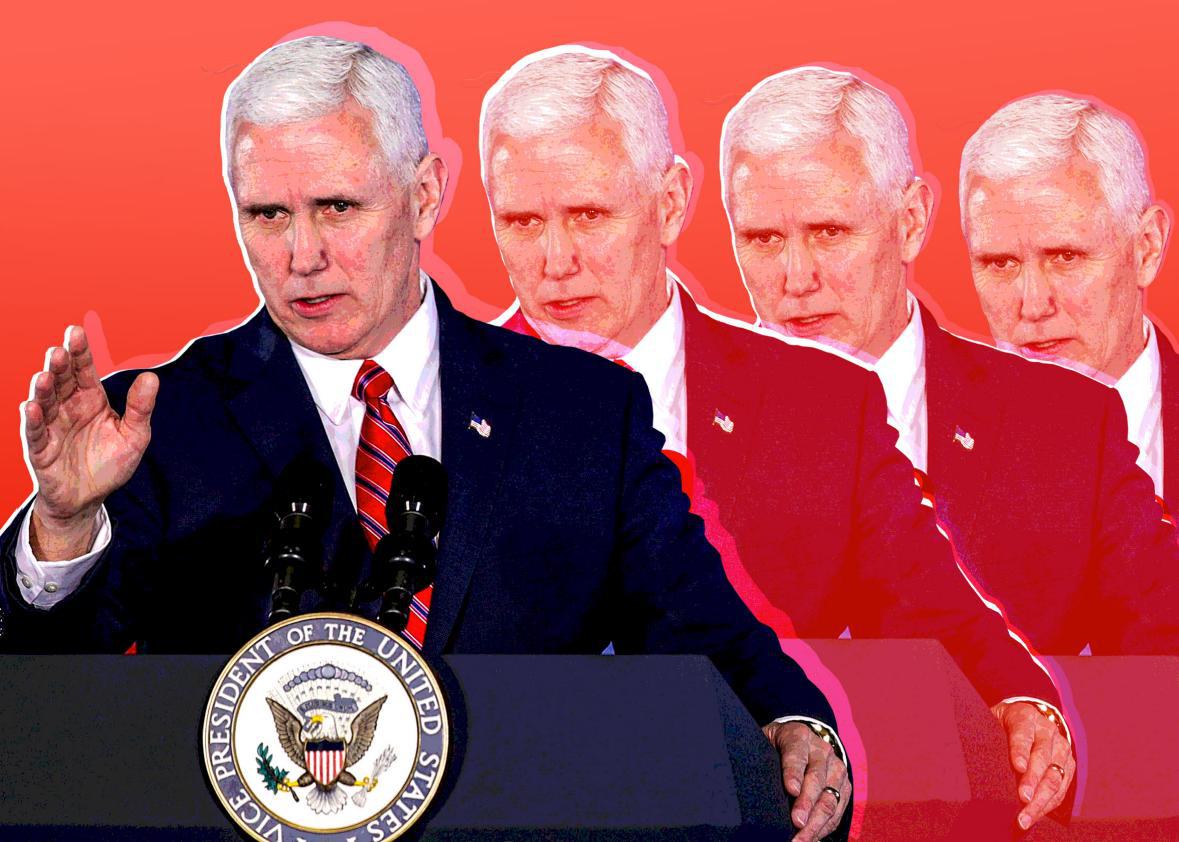Last May, Robert Kagan of the Brookings Institution wrote a prescient essay about American fascism. He pointed to Donald Trump’s emphasis on “feelings of resentment” and his “disrespect for the niceties of the democratic culture.” Kagan discussed models of illiberalism around the world, including Russia, where Vladimir Putin reigned as “the tough man who single-handedly defends his people.” The classic fascist, in Kagan’s words, preached that “whatever the problem, he could fix it,” and drew support from politicians who “praise the leader’s incoherent speeches as the beginning of wisdom.”
Everything Kagan described has come to pass. In his speech to the Republican convention in July, Trump declared, “I alone can fix it.” At a military forum in September, Trump lauded Putin as a greater leader than President Obama, noting Putin’s “very strong control over a country.” Days after taking office, Trump abruptly barred entry to the United States for anyone from seven Muslim countries. On Saturday, Trump denounced a “so-called judge” for getting in the way of his order and, in an interview clip released that day, brushed aside objections that Putin had killed people, arguing that America was in no position to complain, since we’ve killed people, too.
On Sunday, Trump’s chief apologist, Vice President Mike Pence, completed Kagan’s scenario. In a round of TV interviews, Pence praised the wisdom and courage of the president’s comments. On ABC’s This Week, Pence was asked about criticism of the travel ban. He replied:
The early days of this administration are going to be described in the history books as days of action. And the American people welcome the decisiveness that President Trump has shown on this issue, putting the safety and security of the American people above the niceties of communicating with people in Washington, or in some cases around the world. He acted. He put the safety of the American people first. And I think this—that’s the kind of leadership the American people want to see.
Pence’s answer was straight out of the fascist playbook. First came the Putinesque emphasis on “action,” “decisiveness,” and “leadership.” On Meet the Press, Pence delivered the same message: “We live in a dangerous world. I think the American people welcome a president as decisive and as action-oriented as President Trump.” Pence hailed Trump as “a president who’s got broad shoulders and is willing to put the interests of the American people first.” What’s important is the president’s greatness, not the people or principles he targets.
Next came the appeal to “safety and security.” In his Sunday interviews, Pence used this phrase 10 times to defend the ban, ignoring reminders that none of the terrorists who struck America on or after 9/11 came from the banned countries. The point of repeating the mantra, rather than addressing such facts, is to elevate fear and bury other considerations.
Then came the scorn for “niceties,” the very term Kagan had warned about. On Face the Nation, Pence belittled “the usual Washington niceties of informing members of Congress.” On Meet the Press, he scoffed: “There may have been some leaders on Capitol Hill that were not informed in the usual niceties of Washington, D.C. But, look, we live in a very dangerous world.” In such a world, there’s no time for consultation with Congress or allies. The great man must act.
Nor is there time to squabble with judges about law or the Constitution. Trump “has the authority, in the interest of national security, to determine who has the right to come into this country,” Pence declared. The mere invocation of national security, in Pence’s view, settles the question.
As for Trump’s comments in defense of Putin and against the “so-called judge,” Pence exalted the president’s “candor” in “speaking his mind.” He lauded Trump for being “straight” and “direct” with his people and with foreign leaders Trump has insulted, about what matters most: not truth, but Trump’s feelings. “People find it very refreshing that they not only understand this president’s mind, but they understand how he feels about things,” said Pence.
In this world of candid, broad-shouldered action, only one adversary must be respected: other strongmen. On Meet the Press, Pence vowed that Trump would “not let semantics or the arguments of the past get in the way of exploring the ability to work together with Russia and with President Putin.” Among the “semantics” was whether Putin had killed people. Among the “arguments of the past” was Russia’s seizure of Crimea and Putin’s ongoing proxy war in Ukraine.
Trump’s latest excuse for Putin’s atrocities—“There are a lot of killers. … What, you think our country’s so innocent?”—angers many Americans because it seems to insult our national honor. Others defend the statement as true. But what’s more important is what kind of country we choose to be now. Trump isn’t just condoning Putinism abroad. He’s trying to impose it at home. And his propagandists, led by Pence, are selling it as patriotism.
